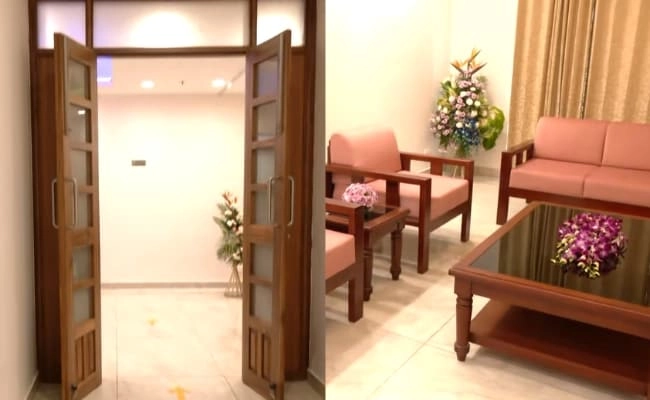The case of a fraudulent doctor, who deceived patients and medical institutions through a series of forged degrees and stolen medical equipment, has unveiled a shocking trail of deception that raises serious questions about the integrity of medical licensing and oversight. This individual, who posed as a qualified physician, managed to manipulate the trust of patients and colleagues alike, operating under the guise of legitimacy while lacking the essential credentials and training that are fundamental to practicing medicine. The ramifications of such deceit extend far beyond the immediate victims; they highlight vulnerabilities within the healthcare system that can allow for such impersonation to occur.
Investigators uncovered a complex web of forged documents, including diplomas and medical licenses, which the accused utilized to gain employment in various healthcare facilities. These falsified credentials not only facilitated their entry into the medical community but also enabled them to administer treatments and make critical decisions regarding patient care. The situation became even more alarming as it was revealed that the accused had stolen medical equipment, further compromising the safety and wellbeing of patients who unknowingly placed their trust in a fraud. The repercussions of these actions are profound, not only for the direct victims but also for the broader healthcare system, which relies heavily on the ethical practice of its professionals.
The exposure of this fraudulent doctor has ignited a conversation about the need for more stringent verification processes in medical licensing. This incident serves as a wake-up call for regulatory bodies to reevaluate their procedures and implement more rigorous checks to ensure that only qualified individuals are allowed to practice medicine. Furthermore, it underscores the importance of public awareness regarding the verification of medical credentials. Patients deserve the assurance that their healthcare providers have met the necessary educational and professional standards to deliver safe and effective care. This case serves as a stark reminder of the potential dangers posed by those who exploit the system for personal gain, putting countless lives at risk in the process.
In the aftermath of this shocking revelation, the healthcare community is left to grapple with the implications of such a breach of trust. As investigations continue and legal proceedings unfold, there is a collective call for increased accountability and transparency within medical institutions. The hope is that by addressing these vulnerabilities, the system can be fortified against future deceptions, ensuring that the sanctity of medical practice is preserved and that patients can confidently seek the care they deserve. Ultimately, this incident highlights the critical need for vigilance and integrity in the medical profession, where the stakes are nothing less than the health and safety of individuals and communities.




